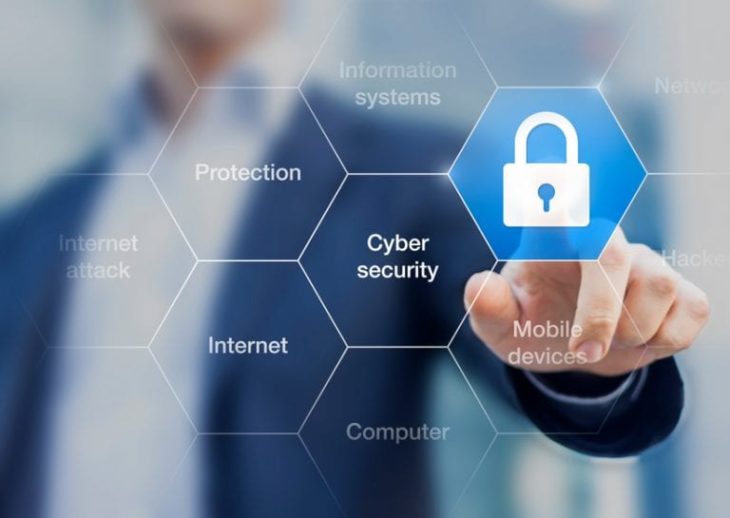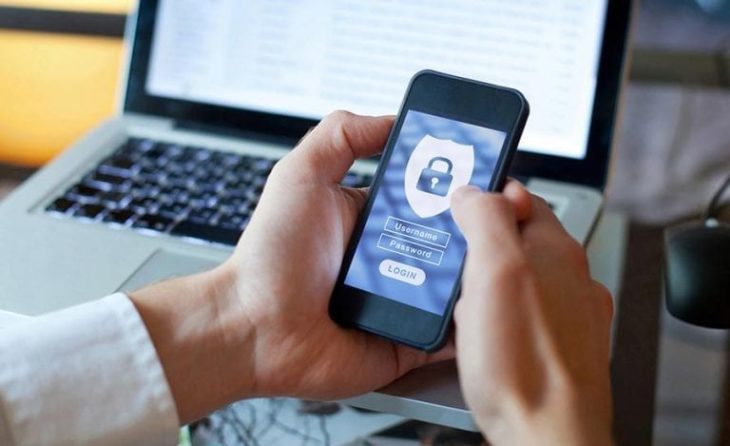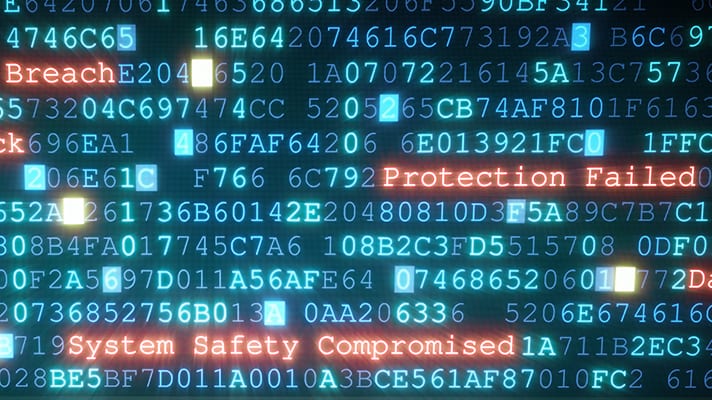Basically, Cyber Essential is a UK government initiative which emphasises the implementation of good cyber practices among various businesses and organisations operating from the UK. It is more of a self-assessment scheme in which companies and businesses are urged to look upon their cybersecurity measures and to come up with effective ways through which they can improve their cybersecurity definition.
As tactical as it might seem Cyber essentials can only take your security level so far, rest is up to your insight about the cyber upgradation of your organisation. Needless to say, you can’t use the self-assessment tactic to ensure customers and insurers that you take cybersecurity seriously while getting hacked by the cybercriminals. Using cyber essentials as a self-assessment scheme requires a more consistent approach taking into account various cybersecurity practices such as;

Source: dreamhosters.com
Contents
1. Training your employees
The first and foremost security measure you can take regarding cyber essential is to train your employees, filling them in with all the professional practices to save sensitive business information and more. The policies, government regulations especially use of cyber essentials might be made clear on them to ensure the maximum security over your premises.
2. Installing antivirus definitions and firewalls
After the useful knowledge over the cybersecurity has enlightened the employees, the next thing to do is install antivirus software and definitions to make sure that a virus or malware doesn’t get incubated in your systems and become an active course for hacking. The firewall systems should also be installed at places where sensitive information and financials of your institute base, this will help you to get a better grip over the circumstances and stop any cybercrime before it takes place.
3. Back up your systems
In case of any security breach, the chances are that you will get robbed of critical information and financial data as well. Therefore, you should consider initiating a backup plan for your data and exclusive information which you might need even after the attack. This can be about the employee’s information, financial statements as well as other sensitive information which you find critical to saving. Creating backups remove the fear of losing everything for which you have worked upon. This strategy keeps all your data safe even after an attack has taken place.

Source: securitymagazine.com
4. Limit the admin privileges
Admin is a person who has uninterrupted access to the sensitive information and through the important firewalls as well. They can act as an accomplice in a cybersecurity attack and can cause a great deal of trouble for you. The point here is not to start second-guessing everyone with admin access over your organisation but to trust the people who are more compatible and those who you take for being honest and loyal; only these people should have access to the sensitive information.
Any other admin profiles other than a bunch of trusted people should be made void, so not everyone at your organisation has access to the sensitive security and business information. This will ensure that a cyber attack doesn’t take place in the first place or even if it does, you’ll know where to look.
After you have a clear insight about the Cyber essentials and use of these specific tips to limit the cybersecurity breaches and attacks at your organisation, you can create a more personalised plan for your organisation’s security and safety. Make sure everything is properly worked out, and every eventuality accounted for, only then you can have a cyber safe business or organisation free from all security threats or continuous cyber breaches.

Source: healthcareitnews.com
